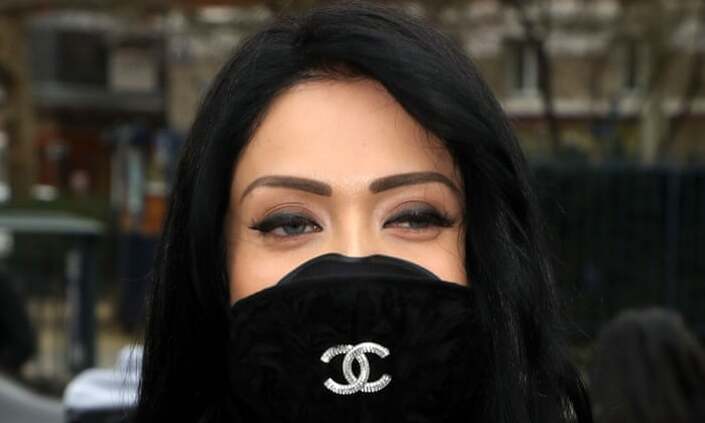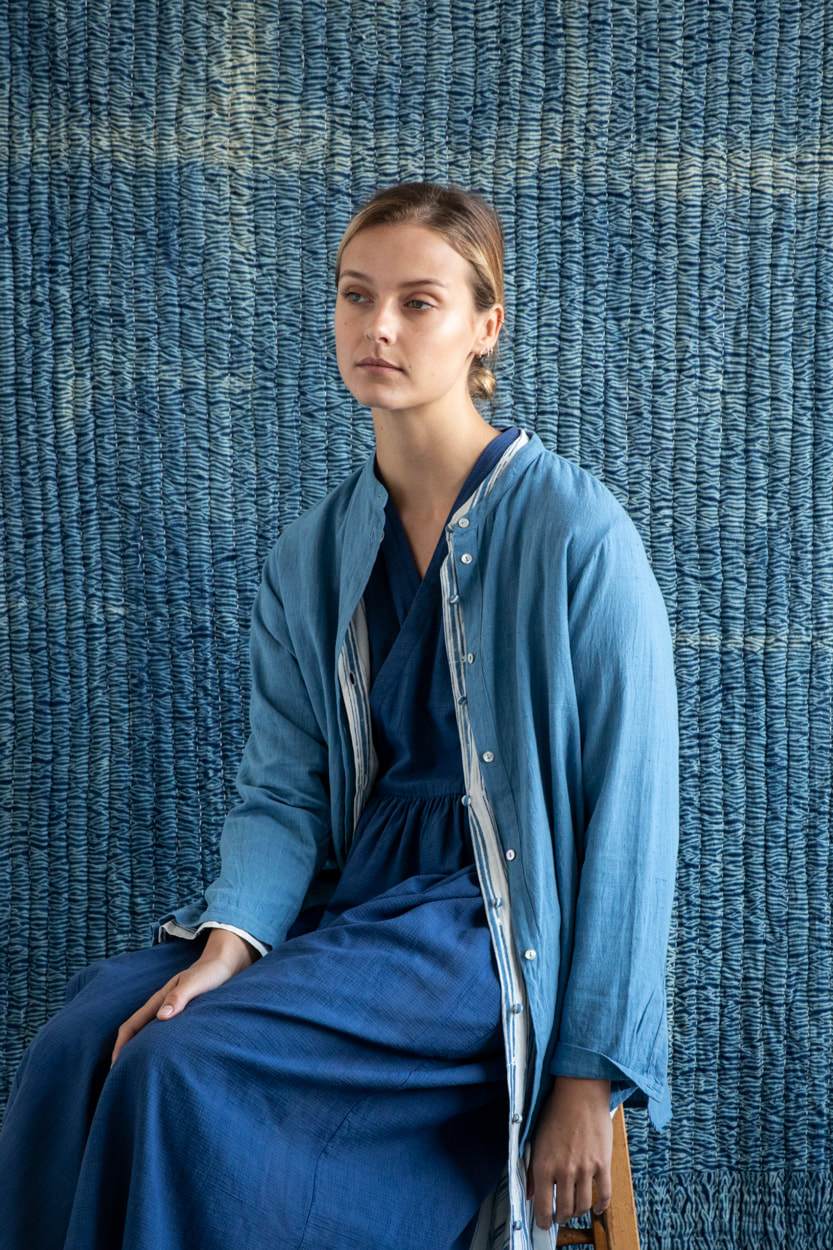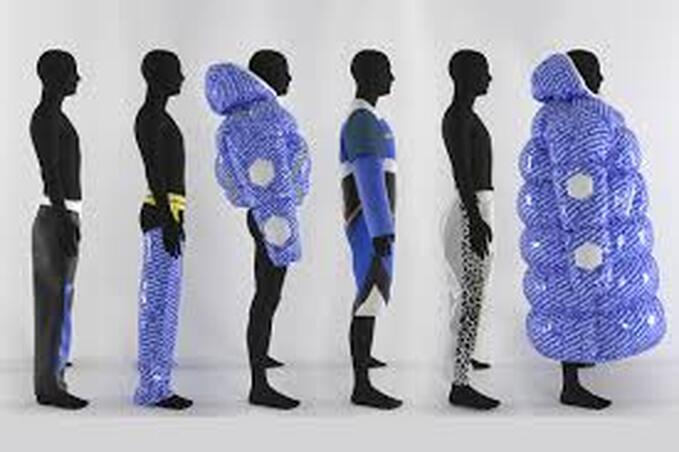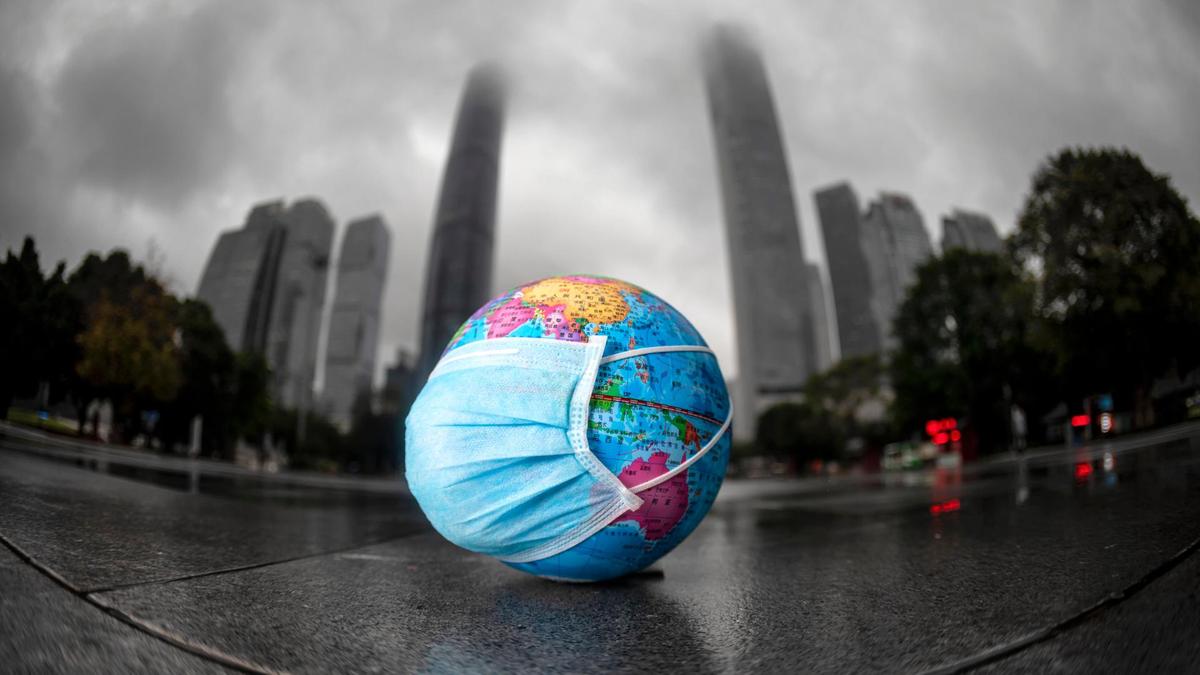Sub Rosa
sʌb ˈrəʊzə/
adjective & adverbformal
happening or done in secret.
"the committee operates sub rosa"
synonyms: in secret, secretly, in private, privately, in confidence, confidentially, behind closed doors, surreptitiously, discreetly, furtively, clandestinely, on the quiet, on the sly, unofficially, off the record, between ourselves; in camera; à huis clos; in petto; informalon the q.t., between you, me, and the gatepost/bedpost; archaicunder the rose
"the committee is accustomed to operate sub rosa"
Origin
Latin, literally ‘under the rose’, as an emblem of secrecy.
sʌb ˈrəʊzə/
adjective & adverbformal
happening or done in secret.
"the committee operates sub rosa"
synonyms: in secret, secretly, in private, privately, in confidence, confidentially, behind closed doors, surreptitiously, discreetly, furtively, clandestinely, on the quiet, on the sly, unofficially, off the record, between ourselves; in camera; à huis clos; in petto; informalon the q.t., between you, me, and the gatepost/bedpost; archaicunder the rose
"the committee is accustomed to operate sub rosa"
Origin
Latin, literally ‘under the rose’, as an emblem of secrecy.



